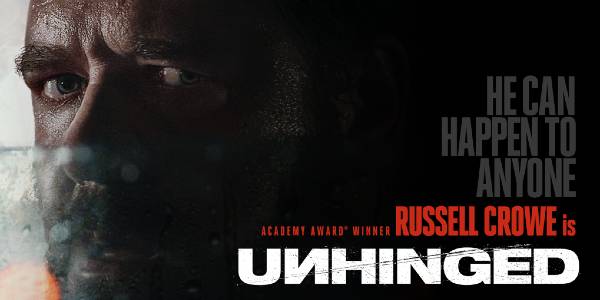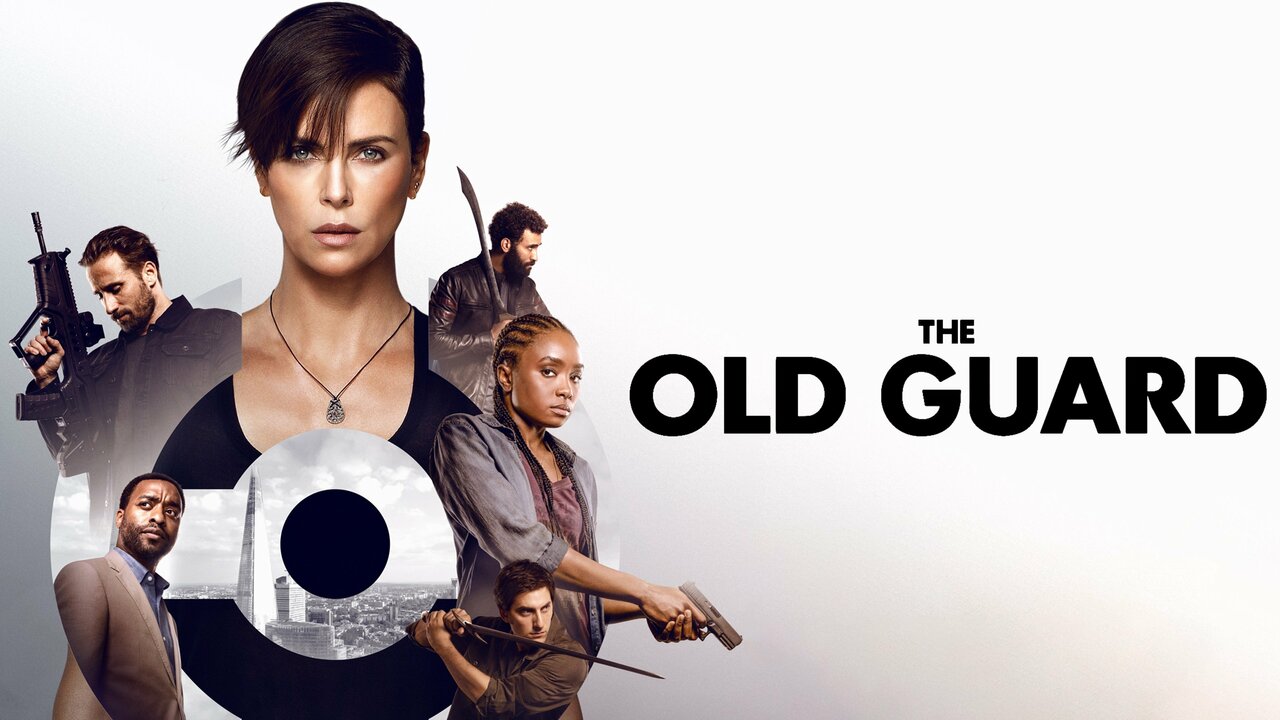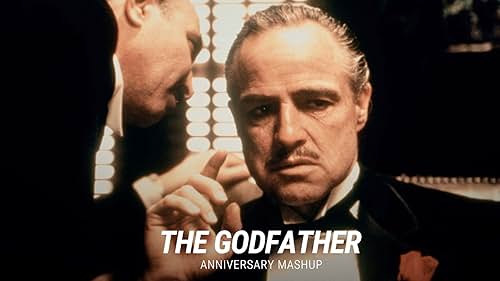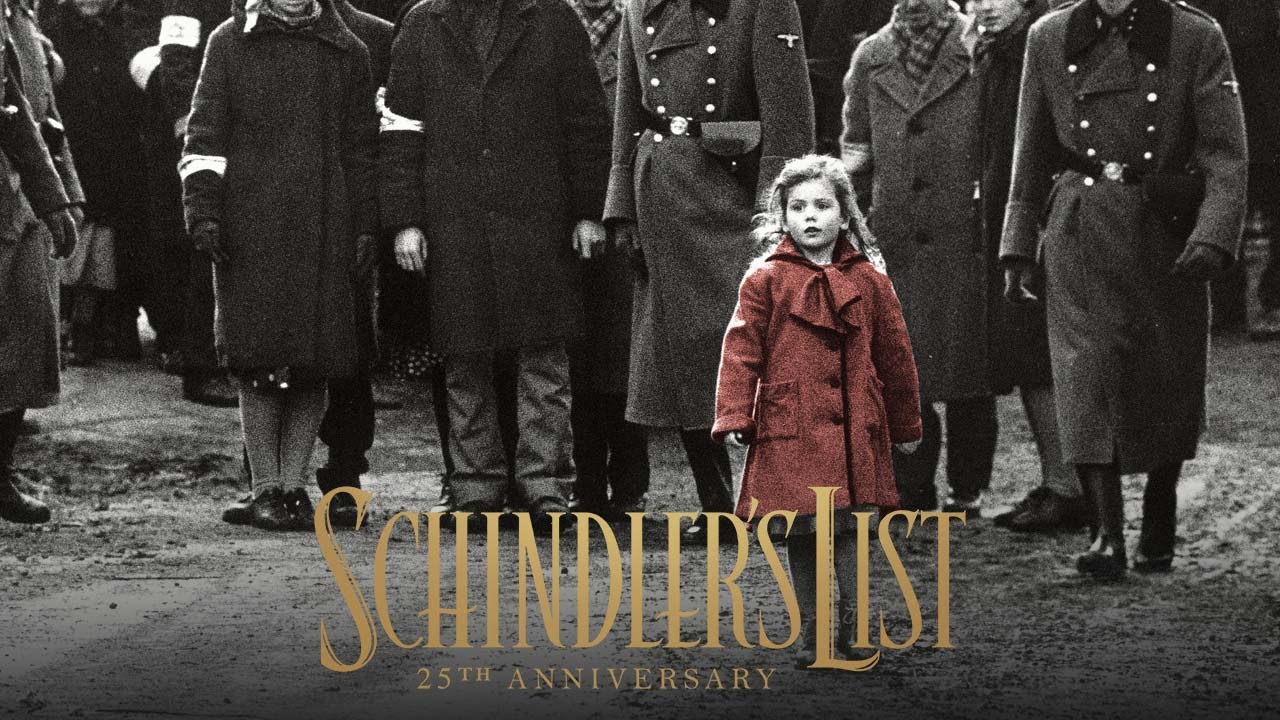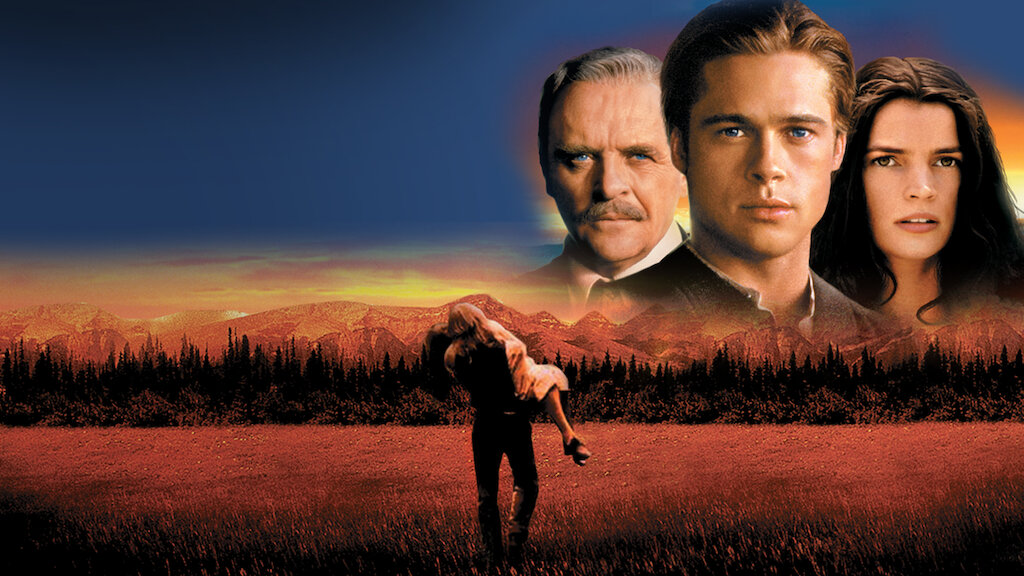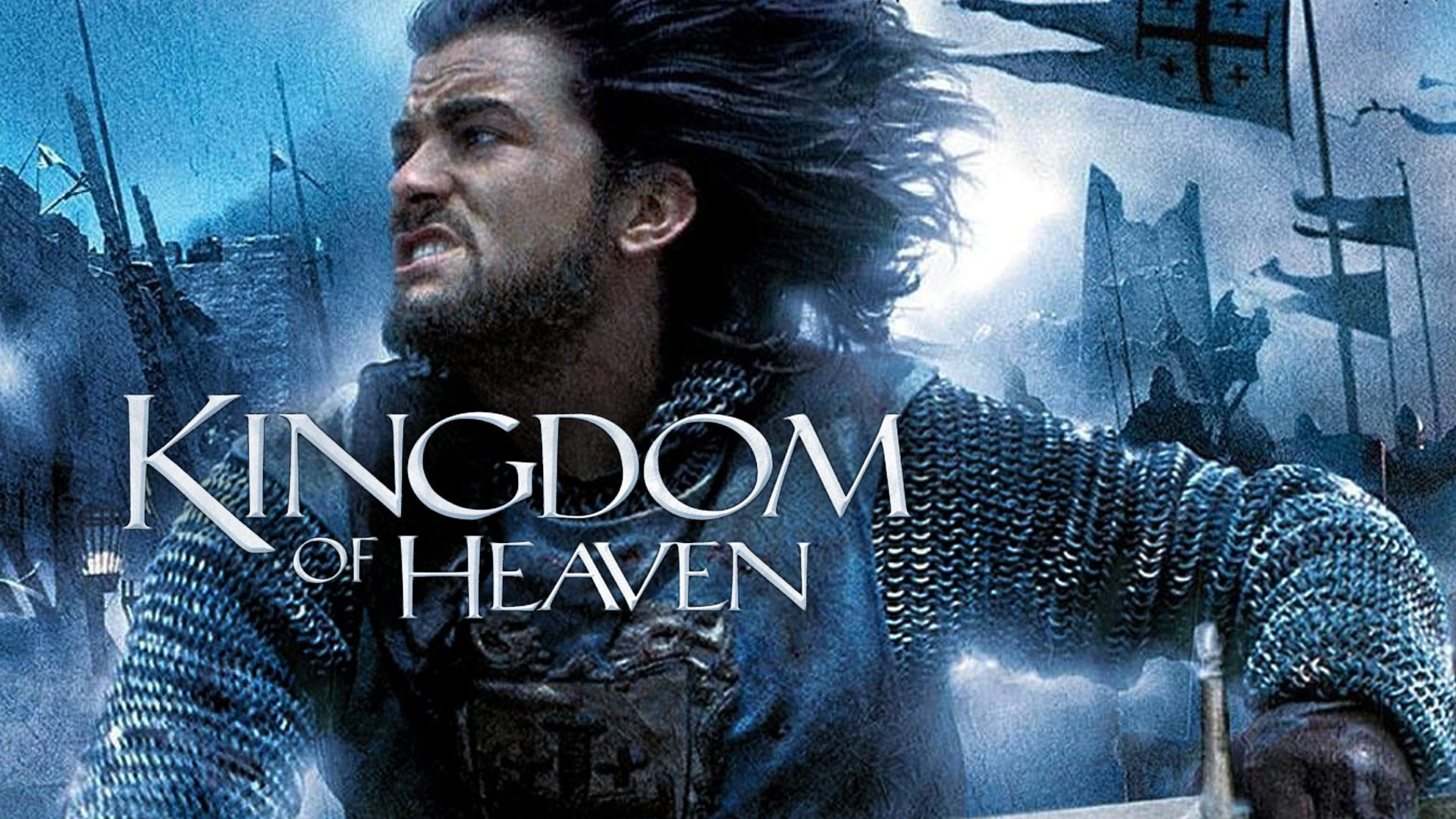Review: Sling Blade (1996)
Genre: Southern Gothic Drama
Sling Blade (1996), written, directed, and starring Billy Bob Thornton, is a haunting and poignant exploration of redemption, trauma, and the human capacity for compassion. Set in rural Arkansas, the film follows Karl Childers (Thornton), a man with a developmental disability who has spent much of his life in a psychiatric hospital after committing a double murder as a child. Upon his release, Karl returns to his hometown and forms an unlikely bond with young Frank Wheatley (Lucas Black), whose life is marred by an abusive relationship with his mother’s boyfriend, Doyle Hargraves (Dwight Yoakam).
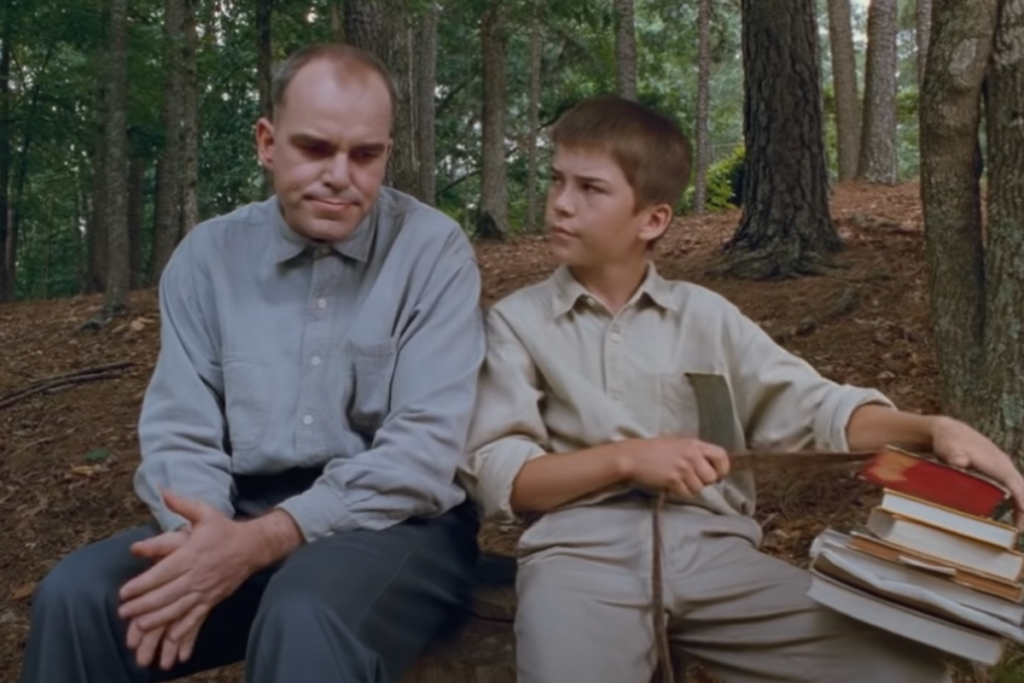
Thornton delivers a masterful performance as Karl, capturing the character’s simplicity and inner turmoil with subtlety and depth. The film’s pacing is deliberate, allowing the audience to immerse themselves in the characters’ lives and the stark, oppressive atmosphere of the setting. The cinematography employs wide shots and minimal close-ups, enhancing the sense of isolation and emotional restraint that defines the narrative.
The supporting cast, including John Ritter as Vaughan, Frank’s gay friend and employer, and Robert Duvall as Karl’s estranged father, add layers of complexity to the story. Their performances highlight themes of acceptance, forgiveness, and the varying forms of love and support that shape the characters’ lives.
Sling Blade is a film that lingers long after the credits roll, challenging viewers to confront uncomfortable truths about human nature and the capacity for change. Its unflinching portrayal of difficult subjects is balanced by moments of tenderness and humor, making it a compelling and unforgettable cinematic experience.
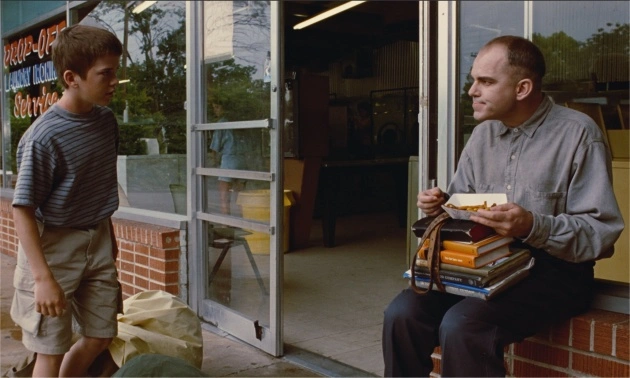
Have you seen Sling Blade? What are your thoughts on Karl’s journey and the film’s portrayal of redemption? Share your opinions in the comments below!
